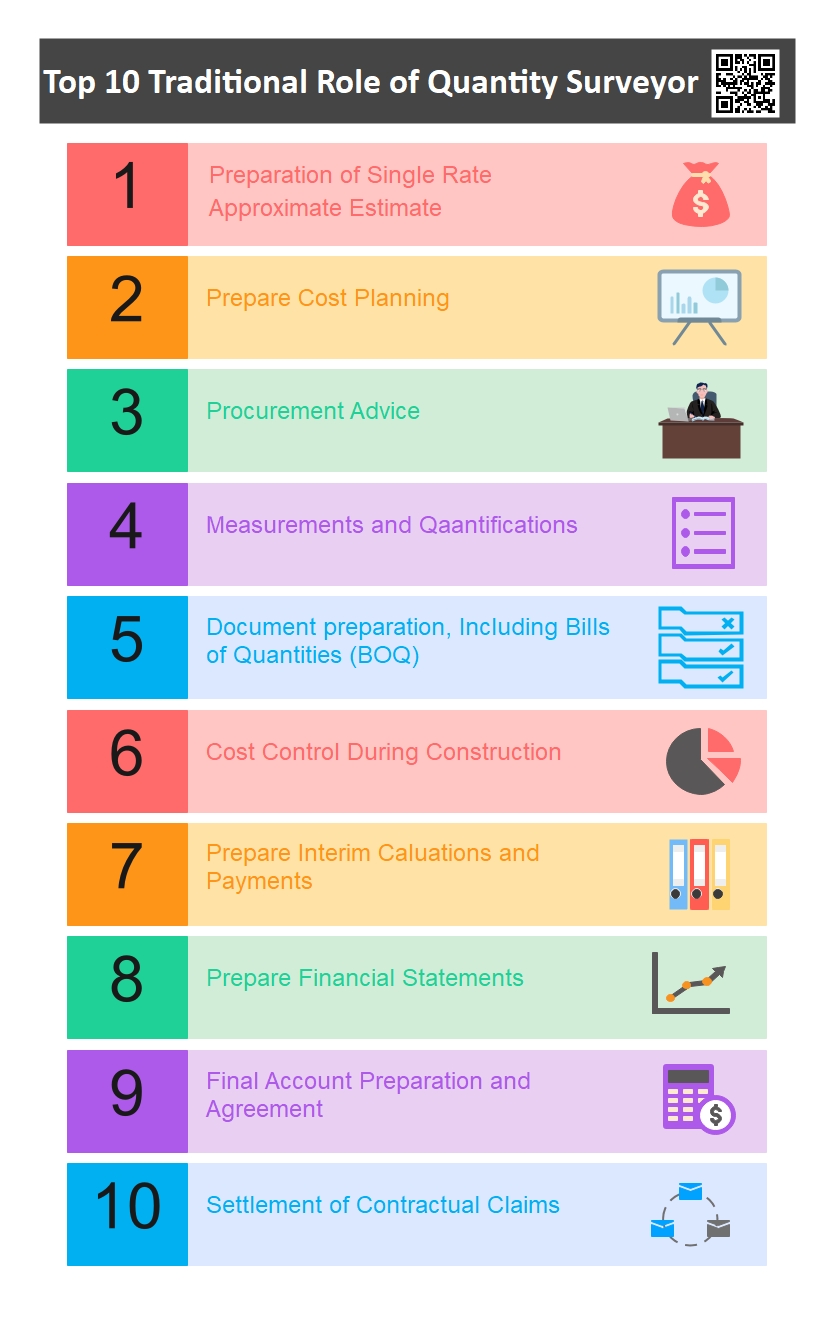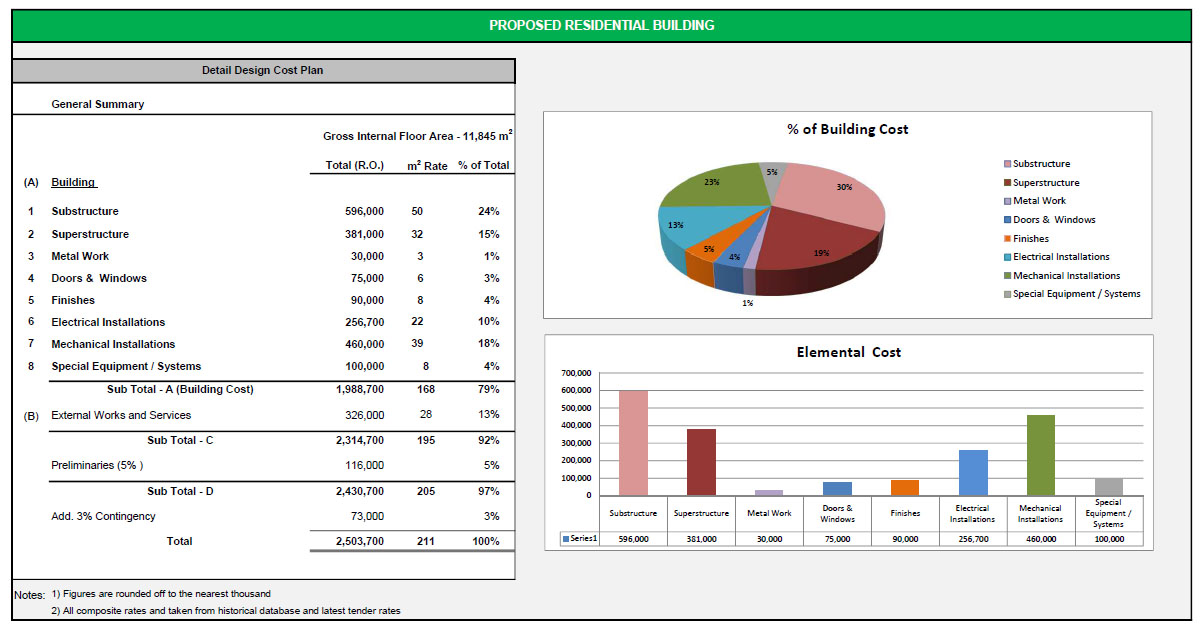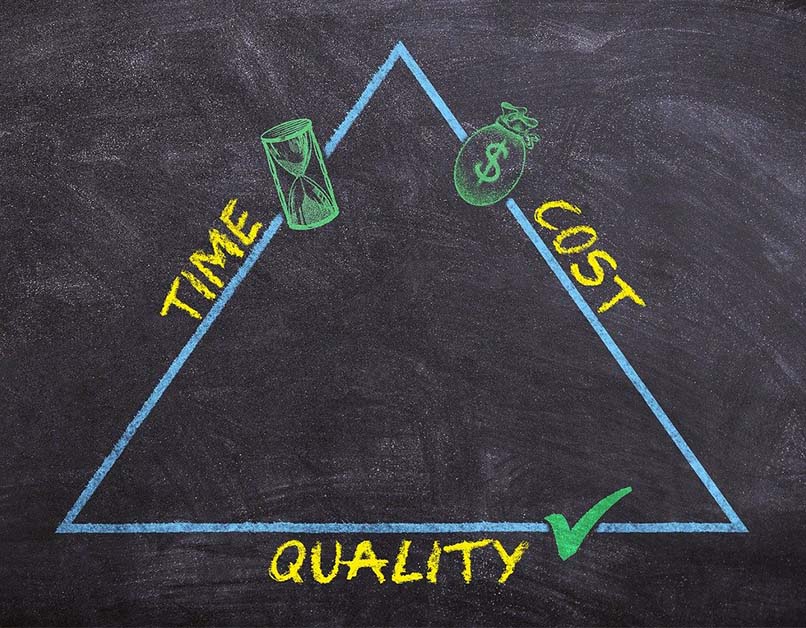A quantity surveyor (QS) is a highly skilled and resourceful construction professional who is an incredibly valuable asset to a construction team. The multiple roles they can carry out in a project include Contract Administrator, Contract Manager, Commercial Manager, Project Manager, and Arbitrator. Many authors have approached the topic of the QS’s role in different ways.
Main Categories in Role of Quantity Surveyor
As I have found, Quantity Surveyor’s role in the literature survey can be divided into two main categories.
- Traditional Role
- Evolved Role
Traditional Role of Quantity Surveyor
The Quantity Surveyor has a traditional role that revolves around measurements and estimations. This role can be split into two categories; Consultant-Contractor and Pre-Contract-Post-Contract. Tasks such as creating bills of quantities, issuing interim payments, and final accounts are all part of their job and are usually done in a reactive manner. Even though these tasks are reactive, they are still incredibly necessary and important.
According to the traditional role, the role of quantity surveyor is usually confined to the realms of Construction and Consultancy. The traditional role of quantity surveyor as identified by some authors as follows,

Single Rate Approximate Estimate
In the initial stage of the project, the Role of Quantity Surveyor is to prepare a Single Rate Approximate Estimate/preliminary estimate according to primary details provided by the client and designer. This preliminary estimate is very important for project planning within the client budget. There are two preliminary estimating techniques such as,
- Single rate approximate estimate
- Multiple-rate approximate estimate
Cost Planning
As a Quantity Surveyor, cost planning is an area of expertise that requires specialized knowledge. The goal of cost planning is to assist the design team to create cost-efficient, workable designs that fit the client’s budget. It provides a way for everyone to work together to achieve the desired outcome. Cost planning is a valuable tool that can help the design team reach their objectives in the most cost-effective manner. Additionally, it can make the entire process more enjoyable and unique. This is why cost planning is so important – it is the key to success.

An effective cost plan ensures that after deciding on a budget, everything else follows suit – from the contractor’s successful bid to the final cost of the project. In case the client chooses to change his plans, the quantity surveyor must calculate the cost implications of these changes.
The goal of cost planning is to offer great value for money with improved economic standards. With consistent monitoring of cost planning, the risk of overspending can be minimized. This way, the client or management can take corrective action at an early stage. Ultimately, cost planning at the design stage helps the client achieve the best value for their money.
Procurement Advice
In the construction world, procurement is a key part of the process. It’s the contractual and financial arrangements between the two parties, as well as the entire process from concept to completion. As a Quantity Surveyor, it’s essential to provide guidance and advice on selecting the most appropriate procurement method. There’s a variety of procurement methods available in the construction industry, and it’s important to find the right one for the job.
The process of procurement in the construction industry begins with the completion of the design phase and continues until the successful handover of the building. As a Quantity Surveyor, one of the most important tasks is to help choose the right procurement method. There are many options to choose from, so it’s crucial to know what’s available and to advise accordingly.
The right procurement method is a crucial part of any construction project. Procurement is the journey from design to handover, and involves the contractual and financial arrangements between the parties. As a Quantity Surveyor, it’s important to stay abreast of the different procurement methods in the industry and provide advice on the best option for a given situation.
For example, the traditional method – design by Employer, design & build, management contracts, construction management, design and manage, etc.
The quantity surveyor in the design team has to advise the client on the most appropriate procurement path based on the main project parameters.
- Time (Speed of construction)
- Cost (Financial aspects, Apportionment of risk and price certainty)
- Quality (Quality of building, Type of project, Design, Alternative materials)

Measurements and Quantifications
As previously discussed, The traditional role of Quantity Surveyor is taking off the quantities according to the SMM – Standard Method of Measurement and preparing measurement sheets or TDS sheets.
The most commonly used standard methods of measurement for building works are NRM2 (New Rules of Measurement – consists of three volumes), SMM7, POMI, SLS573 (in Sri Lanka). CESMM4 is widely used for civil engineering works.
Document Preparation, Especially Bills of Quantities
As a Quantity Surveyor, you are expected to create various documents for a contract, with the main one being a Bills of Quantities (BOQ). A properly prepared BOQ is key to successful cost control and management.
Apart from drawing up a tendering document, you are also tasked with formulating other records, such as a BOQ, Conditions of Contract, Preambles to schedules of prices, and more. This is an essential part of your role as a Quantity Surveyor.
Cost Control During Construction
Post-contract cost control is the “Real-time” cost controlling during the construction stage. It helps to ensure the final accounts also fall within the budget.
Nowadays, Quantity Surveyors are taking a more proactive role in the management of costs instead of simply preparing the budget of design proposals. Clients with strict deadlines and budgets are increasingly appointing Quantity Surveyors as lead consultants, allowing cost planning to better design and encouraging the implementation of smart cost management strategies.
However, Quantity Surveyors are still struggling to be involved at the beginning of a project in order to make a real difference. Cost control and advice services are regarded as the most important QS service, with the potential for growth in the Quantity Surveyor’s role.
Interim Valuations and Payments
Interim valuations and payments are the essential tasks in the role of Quantity Surveyor. The Contractor’s Quantity surveyor will prepare the Interim Payment Application (IPA) / monthly statements, and the consultant Quantity surveyor (Client’s QS) is responsible for checking the IPA and issuing the interim payment certificate (IPC) within the allocated time in the agreed Contract. If there is no issue, the Employer (Client) should realize the payments to the contractor as soon as possible.
Financial Statements
A Quantity Surveyor’s duties involve creating various financial statements related to a project. Such statements could include: Statement of expenditure, updating variation log, calculation of day work , and more. Writing up these documents is an important part of this profession, as the financial data needs to be accurate and up-to-date. Quantity Surveyors are tasked with ensuring that the financial information is correct and that it is presented in a clear and concise manner. This helps to ensure that the project is running smoothly and that all parties involved are aware of the financial situation. Through this, a Quantity Surveyor can help to ensure that the project is completed on time and within budget.
Final Account Preparation and Agreement
As a Quantity Surveyor (Contractor’s QS), it is essential to create the final account for the project and make sure it is accepted by the cost consultant (Client’s QS). In the process of working on the final accounts, they must be able to include all the day works and any change orders (variations) in the bills that may not have been documented in the interim statements. They must be skilled enough to make sure everything is accurately accounted for.
Final accounts may contain the following :
- Contract Sum
- Omission of Contingencies
- Adjustment of Engineer’s Instructions to vary the work
- Adjustment of Prime Cost Sums and Provisional Sums
- Re-measured work
- Day-works
- Fluctuations
- Direct Loss and Expense
- Adjustment of Insurance Premiums
- Correction of Bill Errors
- Adjustment of Profit
- Percentage adjustment
- Adjustment for Direct Payments.
- Main Summary
Final Accounts has not included:
- Liquidated and Ascertained Damages (LAD)
- The VAT – It is a separate matter between the contractor and the Employer outside of the Contract.
Settlement of Contractual Claims
In the construction process, many things can lead to an interruption. Weather, technical issues, and economic or political factors are all potential culprits. While nobody is eager to question why the construction was halted, it’s important to remember that a claim must be constructed in order to progress. A Quantity Surveyor holds a vital role in this process, as they must ensure that the claim adheres to contractual clauses, records, and is supported by proper evidence. Knowing how to manage a claim is essential for success in the construction industry.
Evolved Role
In the next article, we are going to discuss the evolved role of Quantity Surveyor.








2 thoughts on “Top 10 Traditional Role of Quantity Surveyor : Simple Guide”